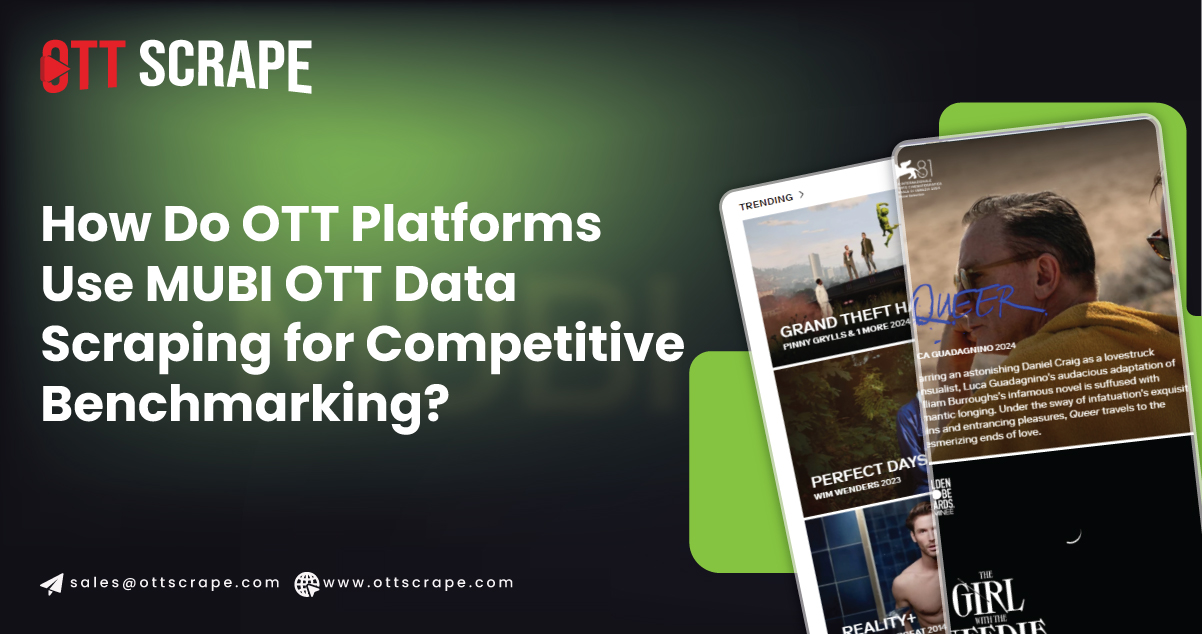
Introduction
MUBI has emerged as a distinctive platform offering a curated selection of arthouse, independent, and critically acclaimed films in the rapidly evolving streaming industry. Unlike mainstream OTT giants that cater to mass-market entertainment, MUBI serves as a haven for true cinephiles—featuring handpicked titles, spotlighting visionary directors, showcasing global film festival entries, and presenting in-depth retrospectives. With its carefully chosen content and unique editorial approach, MUBI is gaining significant traction among global film enthusiasts. As interest grows, businesses, researchers, and media analysts increasingly leverage MUBI OTT Data Scraping to collect meaningful insights from its rich content library. Through MUBI Streaming Data Extraction, users can gain access to detailed metadata, audience preferences, and viewing trends across regions. The demand for Web Scraping MUBI Movies & Shows is also rising among platforms seeking to enhance recommendation engines, track cinematic movements, and explore niche storytelling patterns within the broader digital entertainment ecosystem.
What is MUBI OTT Data Scraping?
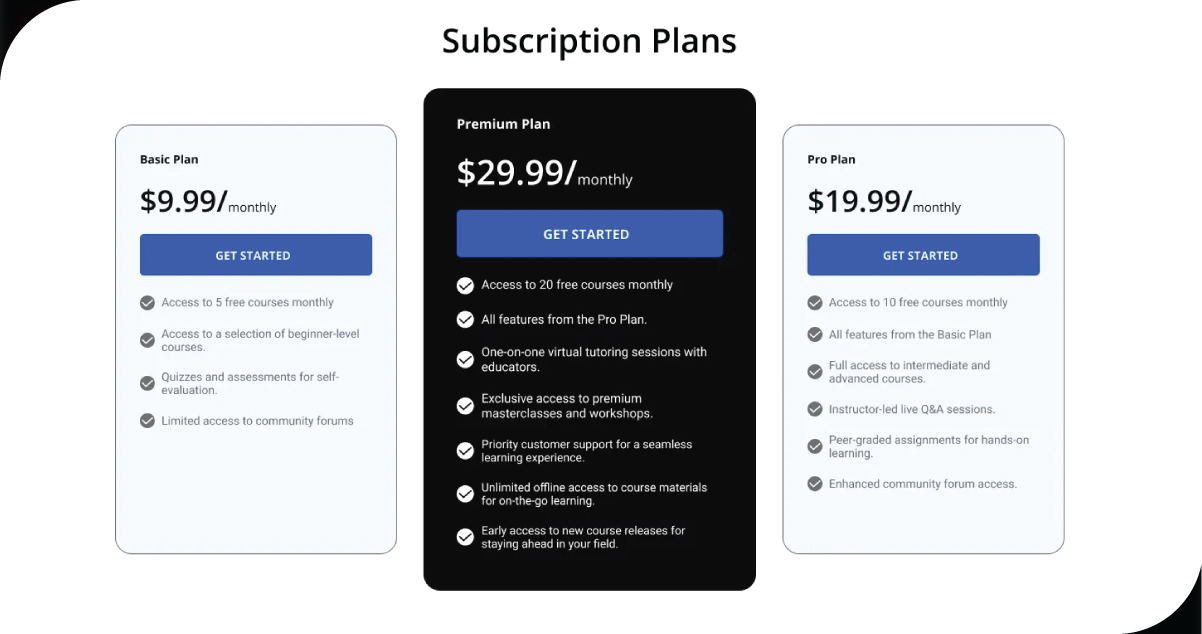
Extract MUBI OTT Data to gain structured insights from the MUBI platform, covering film titles, genres, directors, countries of origin, languages, release dates, curated collections, editorial reviews, and streaming availability. This automated process enables data analysts, researchers, and entertainment professionals to harness information for various use cases. Whether for building a recommendation engine, shaping content acquisition strategies, or conducting academic and cultural studies, this data plays a critical role. Additionally, gathering MUBI Subscription Plans & Pricing Data helps track regional pricing trends and user affordability insights. Collecting MUBI User Reviews & Ratings Data provides sentiment insights and viewer engagement metrics. Through MUBI Trending & Popular Movies Scraping , analysts can monitor viewing trends and identify high-performing content. This comprehensive extraction supports strategic decision-making, media research, and competitive intelligence in the ever-evolving OTT ecosystem.
Why MUBI's Data is Distinctive?

Unlike Netflix or Amazon Prime Video, MUBI is not driven by algorithms but by human curation. This unique model makes its content library particularly valuable for qualitative analysis. Each title on MUBI typically comes with a deeper context—such as director interviews, film essays, or festival accolades—which provides a richer metadata structure than standard OTT catalogs. Scraping MUBI data enables access to these rich attributes, empowering developers and analysts to perform more nuanced cultural and cinematic research.
Furthermore, MUBI's focus on non-mainstream films gives it a globally diverse library, making it ideal for tracking international cinema movements, indie film popularity, and audience tastes across regions.
Applications of MUBI OTT Data Scraping
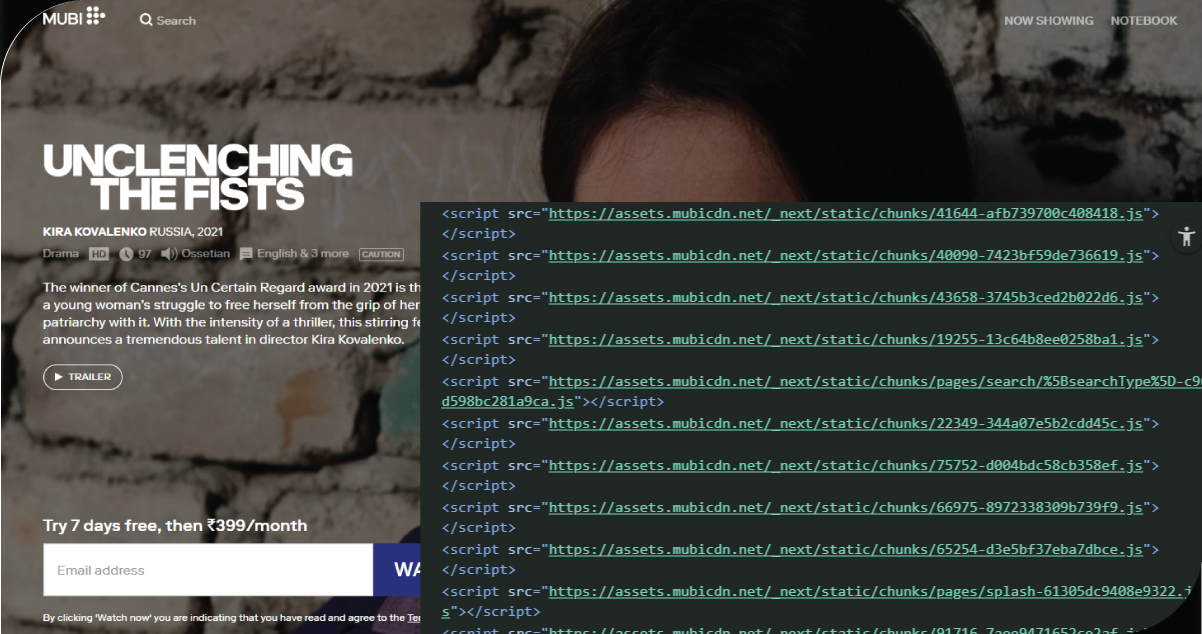
Scraping data from the MUBI OTT platform opens doors to various real-world applications across industries. Organizations can enhance content strategies, optimize recommendations, and study audience behavior by gathering detailed insights on films, user interactions, and curated content. This structured data also supports academic research, market trend analysis, cultural studies, and informed decision-making in the entertainment and media sectors.
- Film Industry Intelligence: Studios, distributors, and production houses can analyze scraped data to understand the performance of similar titles. For example, an indie production company may want to examine how French noir films have performed on MUBI over the past two years. MUBI Movie Listings Data Extraction allows users to gather metadata such as genre, director, year of release, and user reviews to reveal patterns in viewer engagement and content reception.
- Recommendation System Enhancement: Streaming services or content apps often rely on collaborative filtering or content-based filtering. MUBI's rich metadata allows for more intelligent recommendations. Developers can utilize the MUBI API for Movie Data to collect information on film themes, styles, and moods, helping build a sophisticated content discovery engine tailored to niche audience preferences.
- Academic and Cultural Studies: Film studies, sociology, or cultural anthropology researchers can use scraped MUBI datasets to examine how global cinema trends have shifted over time. They can analyze MUBI's selections to explore how regional storytelling has evolved, which directors are gaining prominence, and which social issues are explored through film narratives. This makes Scraping MUBI Film Ratings and Reviews valuable for identifying cultural and cinematic patterns.
- Competitive Benchmarking: Other OTT platforms with curated models may use MUBI scraping to benchmark content overlap, programming strategies, or editorial approaches. This helps them remain competitive and unique within a similar streaming niche.
- Festival and Awards Trend Analysis: Since MUBI frequently highlights films from prestigious festivals like Cannes, Berlin, Venice, or Sundance, scraped data can analyze trends in award-winning films—such as recurring themes, debut directors, or breakthrough performances. These insights can guide strategic content investments and acquisition decisions.
Types of Data Commonly Scraped from MUBI
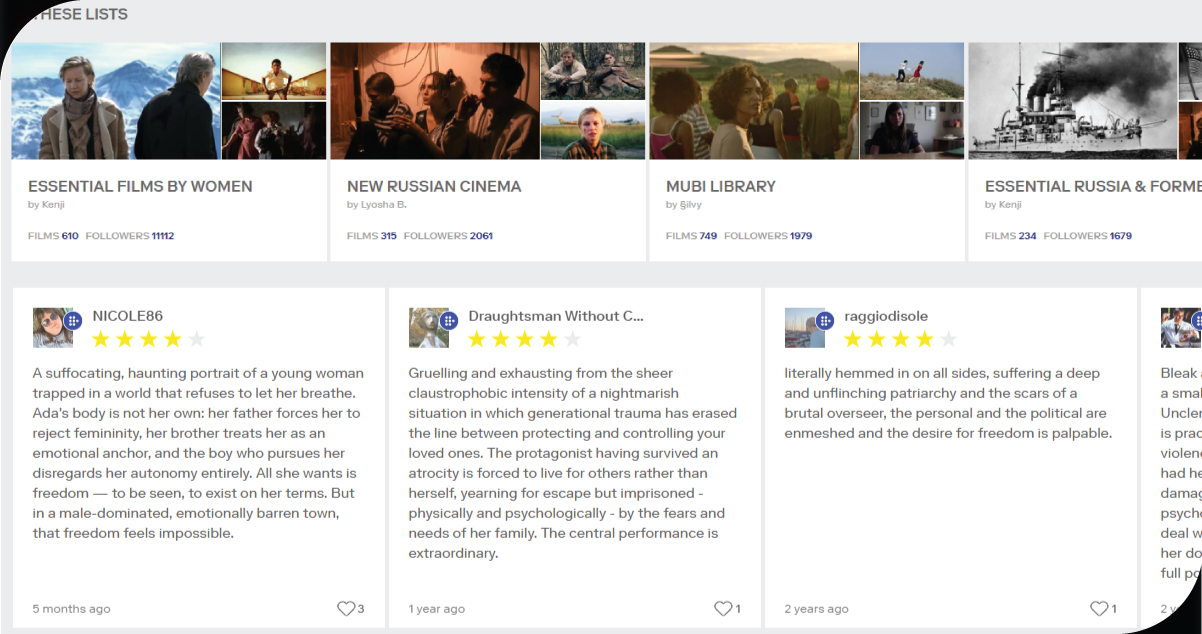
- Title and Original Language Title
- Genre(s) and Sub-Genres
- Director, Cast, and Crew Information
- Synopsis and Film Essays
- Film Duration and Year of Release
- Country of Origin
- User Ratings and Reviews
- Streaming Availability Timeline (e.g., "Leaving in 10 days")
- Curated Collections and Themes (e.g., "Women Behind the Camera," "LGBTQ+ Cinema")
- Editorial Features, Interviews, and Critic Picks
- Tags or Moods (e.g., Poetic, Minimalist, Political)
This variety allows analysts to build highly structured datasets beyond basic title listings. For example, you could combine gender-related tags, countries of origin, and director profiles to create a dataset exploring the evolution of feminist cinema across different countries.
Business Use Cases for MUBI Data Scraping
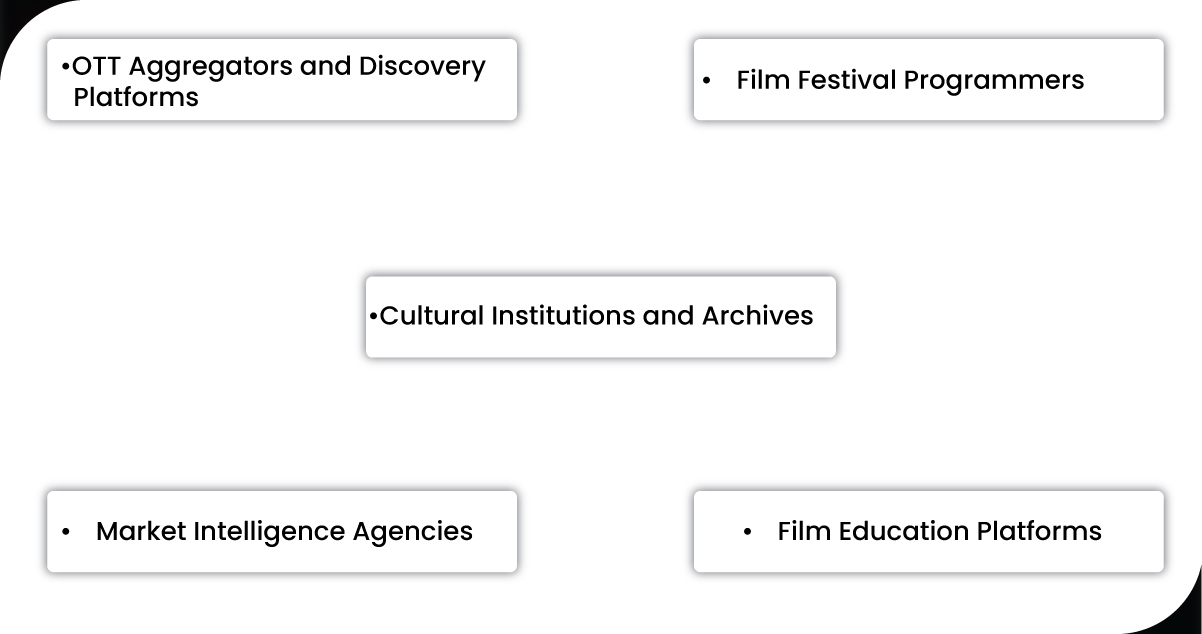
MUBI data scraping offers valuable insights for businesses across the film and streaming industries. By extracting curated film metadata, ratings, and user reviews, companies can make informed decisions in content strategy, recommendation engines, market research, and trend analysis. These insights empower production houses, OTT platforms, and researchers to better understand audience preferences and global cinema movements for strategic advantage.
- OTT Aggregators and Discovery Platforms: Companies that provide cross-platform streaming recommendations can integrate MUBI data to expand their offerings. MUBI's content caters to users with a refined taste in cinema, and scraping its listings can improve the depth and variety of discovery engines.
- Film Festival Programmers: Festival organizers can scrape MUBI data to spot emerging trends, discover lesser-known filmmakers, or identify retrospectives that resonate with cinephiles. MUBI's curated nature means that every film has already passed a quality threshold, making it an efficient resource for scouting.
- Cultural Institutions and Archives: Museums, archives, and film preservation institutions may scrape MUBI data to catalog modern representations of cultural or political issues. For instance, an archive dedicated to African cinema can use MUBI data to supplement its records with recent indie African films showcased on the platform.
- Market Intelligence Agencies: Market research firms can scrape MUBI data to create industry reports on global content consumption patterns, regional preferences, and gaps in localized OTT content. This is especially useful for expansion planning in regions with high cultural specificity.
- Film Education Platforms: Educational platforms and film schools may use scraped MUBI data to design courses around specific themes—such as neorealism, new-wave cinema, or auteur theory—using MUBI's curated content as a learning base.
Ethical and Legal Considerations
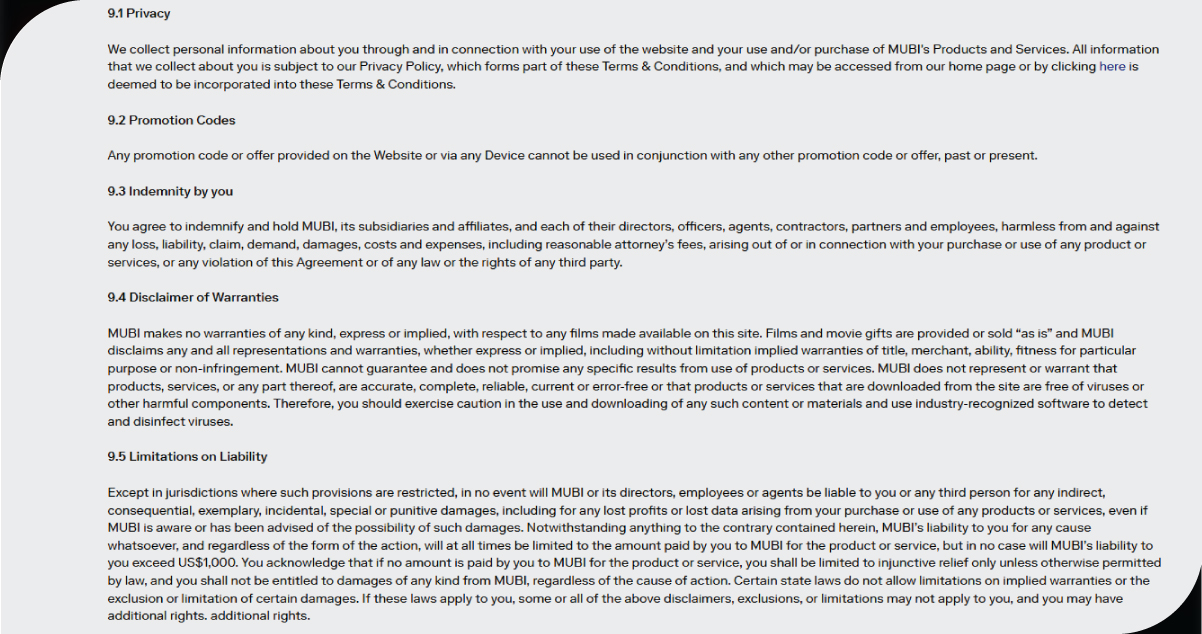
With significant data comes great responsibility. Like with any data scraping activity, scraping MUBI data must be performed responsibly and in accordance with the platform's terms of service and relevant data privacy regulations.
Scraping should never overload MUBI's servers or violate copyright protections. Furthermore, scraped data should be used in ways that respect the rights of filmmakers, content creators, and platforms. If the data is used for commercial applications, it is advisable to seek permission or use APIs (if provided by MUBI or third parties).
Researchers and developers should focus on non-intrusive, read-only data collection that does not infringe on user privacy or proprietary information.
Challenges in MUBI OTT Data Scraping
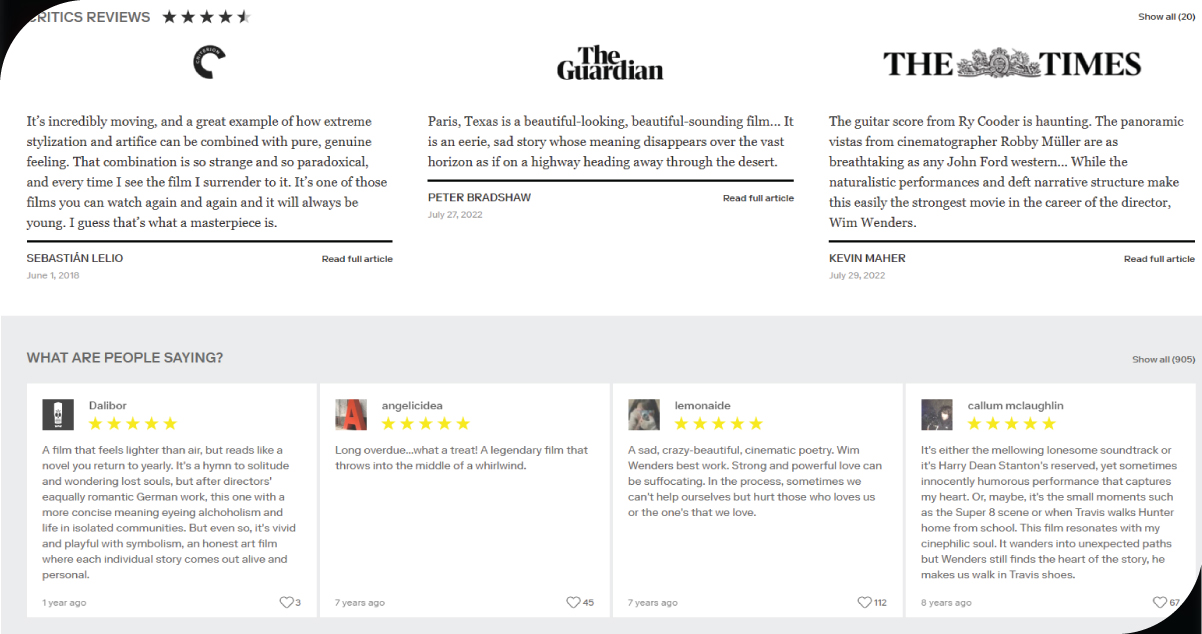
- Dynamic Page Loading: MUBI's content often loads dynamically through JavaScript, complicating scraping using essential tools.
- Geo-restrictions: Content availability varies across regions, which means data scraping might return different results based on location.
- Frequent Updates: With films constantly added or removed, the data is volatile, requiring frequent refresh cycles to maintain accuracy.
- Rich Metadata Structures: Parsing text-heavy metadata, such as essays or interviews, can be more complex than parsing standard numeric or tag data.
Despite these challenges, modern scraping technologies, such as headless browsers, proxies, and AI-based parsing, make MUBI scraping highly achievable for those with the right technical setup.
The Future of Niche OTT Data Analysis

As the OTT market matures, the industry is witnessing a shift from generic content analysis to curated content intelligence. Platforms like MUBI represent the future of specialized streaming—where every film has cultural significance and artistic merit.
MUBI OTT data scraping will continue to play a pivotal role in helping stakeholders navigate this niche but influential cinematic world. Whether it's to predict the next cult classic, analyze diversity in global cinema, or build tools for cinephiles, the data offered by MUBI is invaluable.
How OTT Scrape Can Help You?
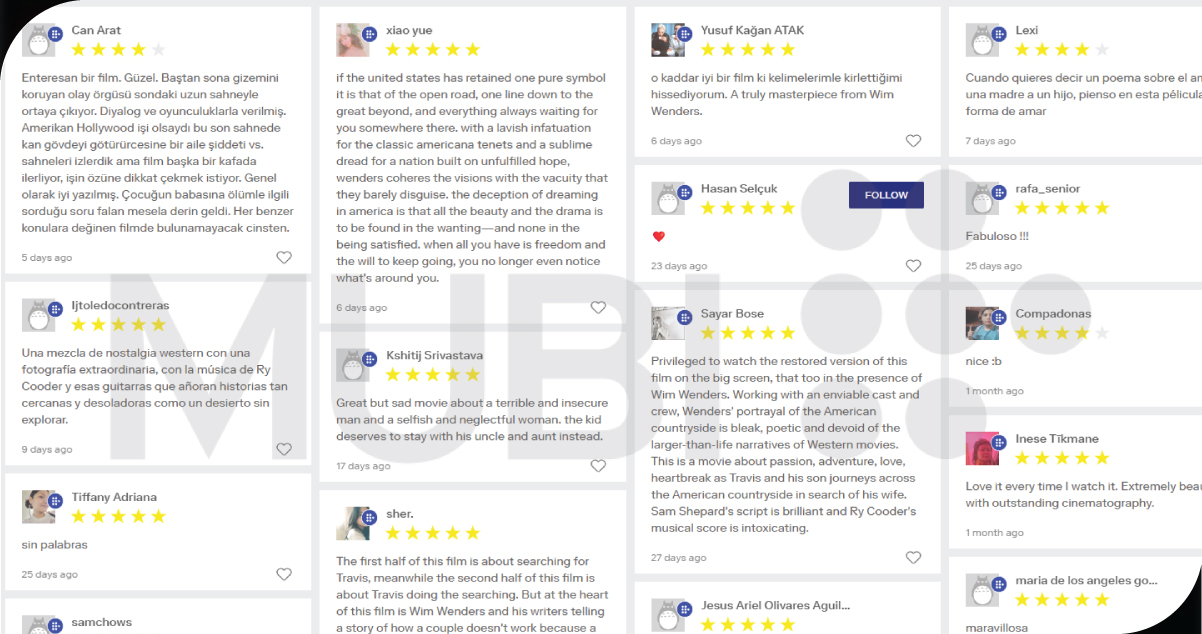
- Custom Data Extraction Solutions: We specialize in building custom scrapers for streaming platforms like MUBI, extracting valuable data such as film metadata, genres, cast, release dates, and reviews. Our solutions are tailored to your needs, ensuring high-quality, platform-specific data for business use.
- Real-Time Content Monitoring: Our real-time monitoring tools track updates on streaming platforms, capturing new releases, changing ratings, trending titles, and curated selections as they happen. This enables businesses to make timely decisions based on viewer trends and content performance insights across multiple platforms.
- Structured and Clean Datasets: We deliver clean, structured datasets in formats like CSV, JSON, or SQL ready for analysis. Our process ensures deduplication, formatting consistency, and categorization—making the data ideal for integration into BI tools, dashboards, and machine-learning models for deeper insights.
- Streaming Data APIs: We offer potent APIs to integrate streaming data directly into your applications or tools. Whether you need on-demand data pulls or scheduled syncs, our APIs ensure seamless access to fresh, organized content from platforms like MUBI, Netflix, or Criterion Channel.
- Insight-Driven Analytical Support: Beyond scraping, we help analyze streaming data to uncover patterns in viewer behavior, content popularity, genre evolution, and director influence. These insights can support content acquisition, recommendation engine tuning, and audience segmentation strategies for OTT platforms and research institutions.
Conclusion
MUBI OTT data scraping is more than just extracting film listings—it's about unlocking a deeper understanding of the world's cinematic landscape. From industry analysts and researchers to cultural curators and tech developers, the insights gathered through MUBI scraping can shape how we appreciate, distribute, and recommend the films that move us.
If you're interested in specialized data collection for curated OTT platforms like MUBI, investing in ethical scraping services and tools is a step toward richer content intelligence and smarter storytelling.
Embrace the potential of OTT Scrape to unlock these insights and stay ahead in the competitive world of streaming!
